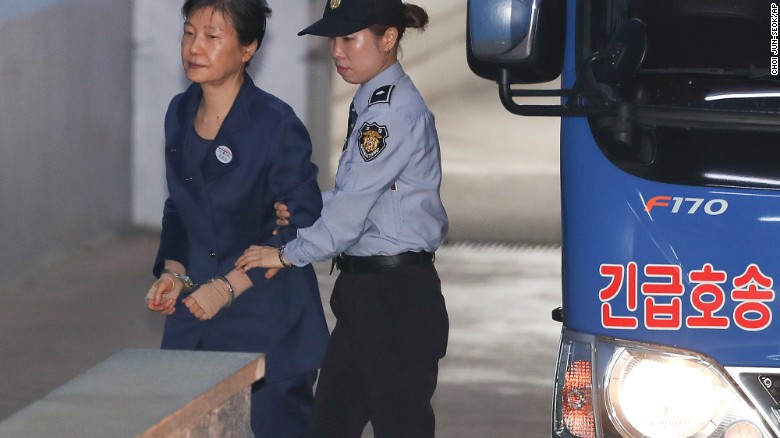Matthew Sneed
Impunity Watch Reporter, The Middle East
EAST JERUSALEM, Palestine – On October 12, the rival political parties of Hamas and Fatah signed a treaty which allows the Fatah controlled Palestinian Authority (PA) to control the Gaza region. The deal will be in full effect by December 1. This comes after ten years of conflict beginning in 2007 when Hamas ousted Fatah and the Palestinian Authority from Gaza after a series of violent encounters.

The two million citizens of Gaza struggled under Hamas rule as President Mahmoud Abbas applied financial sanctions to the region. The heavy taxes imposed by the PA on the region reduced the electricity brought from Israel to Gaza. As a result, electricity only operated for several hours per day in the city. In addition, desalination and sewage treatment plants were unable to properly function. Medical supplies were also cut off from the region. Now, it is expected that these sanctions will be lifted and the city can begin resuming normal operations. In addition, PA troops will return to the border and thus allow citizens to travel to and from Gaza as well as bring goods across the boundary line.
The deal, which was signed in Cairo under Egyptian Intelligence, brings hope to the people of Gaza, despite the knowledge that multiple treaty attempts have failed in the past.
“Hamas are showing some flexibility which is unprecedented. It gives us hope that people are being pragmatic, seeing themselves as Palestinians, rather than as part of a global, Islamic group,” said Naim al-Khatib, a father of six in the region. He added, “[t]here are lots of difficult issues still to tackle – but the opposite of reconciliation is a very gloomy situation which I would hate us to step into.”
Mustafa Barghouti, general secretary of the Palestinian National Initiative, stressed the importance of the next few weeks because, “what’s been agreed must be implemented. All the Palestinian factions, not just Hamas and Fatah, must then decide on a unified government and a date for elections.” The next round of negotiations will be held in Cairo on November 22.
While many in Gaza are celebrating, not all nations share their enthusiasm. Israel said that it would not negotiate with the Palestinian Unity Government if Hamas was involved. Israel created a list of conditions that needed to be met in order for it to negotiate with Palestine. One of the primary conditions and also the one most difficult to resolve is the disarmament of Hamas. Hamas is recognized as a terrorist organization by the United States, Israel, and the European Union.
For more information, please see:
The New York Times – Unity Deal Offers Hope for Palestinians and a Reprieve for Gaza – 12, Oct. 2017
BBC – Palestinian unity deal: Gazans hope for end to feud – 13, Oct. 2017








